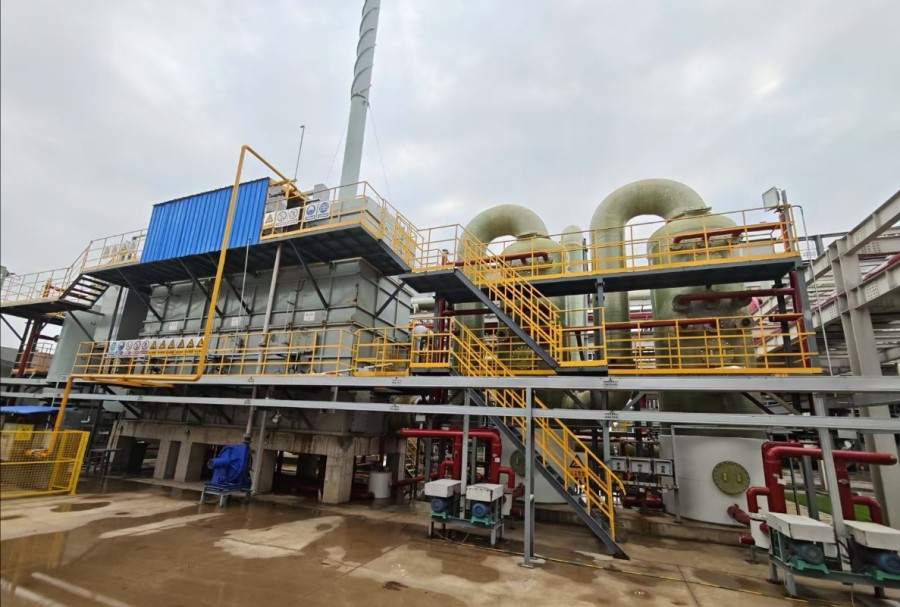- This topic is empty.
-
AuthorPosts
-
2025-09-05 at 6:18 pm #13626
RTO (Regenerative Thermal Oxidizer) is an organic waste gas treatment
technology that has emerged in China in the past decade. This technology is
particularly suitable for the treatment of organic waste gases with low to
medium air volume, high to medium concentration, and complex composition. Due to
its high treatment efficiency, minimal secondary pollution, and stable
operation, it has been highly sought after by environmental protection
departments in many places. After years of use, RTO has also exposed some
problems, among which the most prominent ones are safety issues such as fire and
explosion of RTO.
According to the survey on the usage of some enterprises, there are mainly
the following reasons:(1) Some enterprises did not consider the use of RTO in the design of their
main equipment, resulting in inadequate safety measures, insufficient
automation, and mismatch between actual operating conditions and equipment
loads.(2) The composition of organic waste gas from enterprises is relatively
diverse and the gas volume is unstable. The characteristics of intermittent
production in fine chemical and other enterprises result in intermittent changes
in the concentration and volume of organic waste gas.(3) Some companies have not adequately selected equipment and facilities
based on their own actual situation. The actual operating conditions after
production differ significantly from the ideal conditions of RTO.(4) Inadequate consideration of sudden issues, inadequate and untimely
response to unexpected problems.In order to prevent RTO safety accidents and reduce accident losses,
environmental design units must consider safety issues as the first priority
when designing RTOs. Currently, common measures can be summarized as
follows:(1) Designers need to understand the customer's process, clarify the emission
characteristics of organic waste gas during the process, and identify possible
unexpected factors.(2) Strictly controlling the concentration of organic compounds imported into
RTO to a safe level is the most fundamental measure to prevent explosions. RTO
itself is an ignition source, and if the inlet concentration exceeds the lower
explosive limit, even if explosion-proof fans and anti-static pipes are used
earlier, it will be of no use. Due to the significant decrease in the lower
explosive limit of organic compounds with the increase of gas temperature, and
the sudden emission of organic waste gas from chemical enterprises, the inlet
concentration must be much lower than the lower explosive limit. The main
measures:① Include installing concentration monitoring instruments at the exhaust
gas inlet and necessary exhaust gas branch inlet;② For high concentration
exhaust gas, add a dilution air valve at the RTO inlet;③ Add a buffer tank to
the exhaust inlet, and the volume of the buffer tank should be designed
appropriately;④ The interlocking control between concentration monitoring
instruments, dilution air valves, RTO fans and other equipment enables the
correct action to be taken immediately in case of sudden problems.(3) In order to reduce the losses caused by safety accidents, the following
measures are generally taken:① Add a flame arrester at the RTO inlet to prevent
backfire;② Add explosion-proof discs at the corners of the combustion chamber,
buffer tank, and pipeline;③ Set up some fire-fighting facilities near the
equipment.http://www.jsalfsl.com
Jiangsu Aoli Environmental Protection Technology Co., Ltd. -
AuthorPosts
- You must be logged in to reply to this topic.






